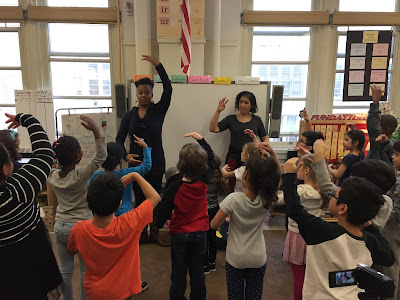 A personal renaissance has emerged lately, which has reignited my passion for language and linguistic development.
A personal renaissance has emerged lately, which has reignited my passion for language and linguistic development. Once upon a time, I discovered American Sign Language (ASL) and it clicked for me. ASL changed my life and, at first, I pursued it through weekly classes, using work books and videotapes to immerse myself in this visual language until it literally crept into my dreams.
In those early days I'd practice fingerspelling everything I heard while watching TV to build dexterity and muscle memory. I'd seek out opportunities to sign even though I'd become flushed with embarrassment at my lack of skill in both receptive and expressive language.
I studied the linguistics of ASL, the structures of grammar that native users know intuitively but second language learners must be taught. And slowly, in the company of some incredible - and patient - role models I actually started to think in ASL (rather than first formulating a thought in English and then translating it).
All of this was to achieve my goal...
- to be a good teacher
- to work with children who are Deaf and hard of hearing
- to convey my message though ASL with clarity.
I never wanted to be an interpreter. I still don't. But, there are circumstances when I need to step in and interpret during the day. As it happens, this semester I have the great, good fortune of mentoring a student teacher with over 30 years experience as a sign language interpreter (including Broadway).
So, when opportunities come up that require me to interpret we've decided it would be nice to flip the script and let her take notes and supply feedback.
It has been transformative, thrilling and inspiring.
She is taking me to another level by fine-tuning my presentation and making me aware of things I never would have thought about on my own.
She has taught me a lot - e.g., imaginative uses of classifiers, new vocabulary, how to utilize wait time, etc. - but my favorite note was, "Nice letting the 'seal do the work'". Basically, this refers to allowing the child to see what is happening for themselves rather than trying to interpret it. She related a story about a trip to the Central Park Zoo where the children were watching a seal lounging in the sun and pointing out that rather than interpreting his movements it was smarter to simply let the children watch the seal. "Let the seal do the work" is applicable to a great many situations.
I love our discussions about what I am doing well and what I can improve. One thing is clear to me, no matter how many degrees I get I will always enjoy being a student.













